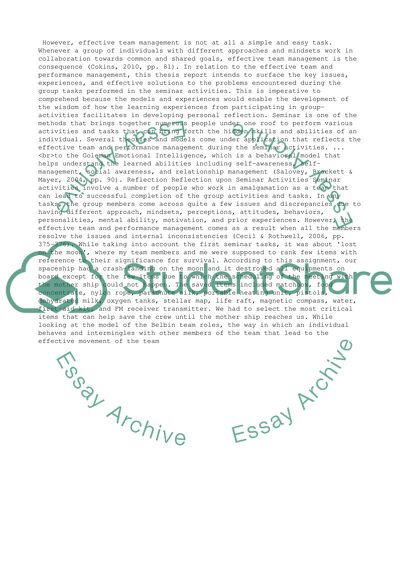Cite this document
(“Effective Team & Performance Management Assignment”, n.d.)
Retrieved from https://studentshare.org/business/1398100-effective-team-and-performance-management
Retrieved from https://studentshare.org/business/1398100-effective-team-and-performance-management
(Effective Team & Performance Management Assignment)
https://studentshare.org/business/1398100-effective-team-and-performance-management.
https://studentshare.org/business/1398100-effective-team-and-performance-management.
“Effective Team & Performance Management Assignment”, n.d. https://studentshare.org/business/1398100-effective-team-and-performance-management.


